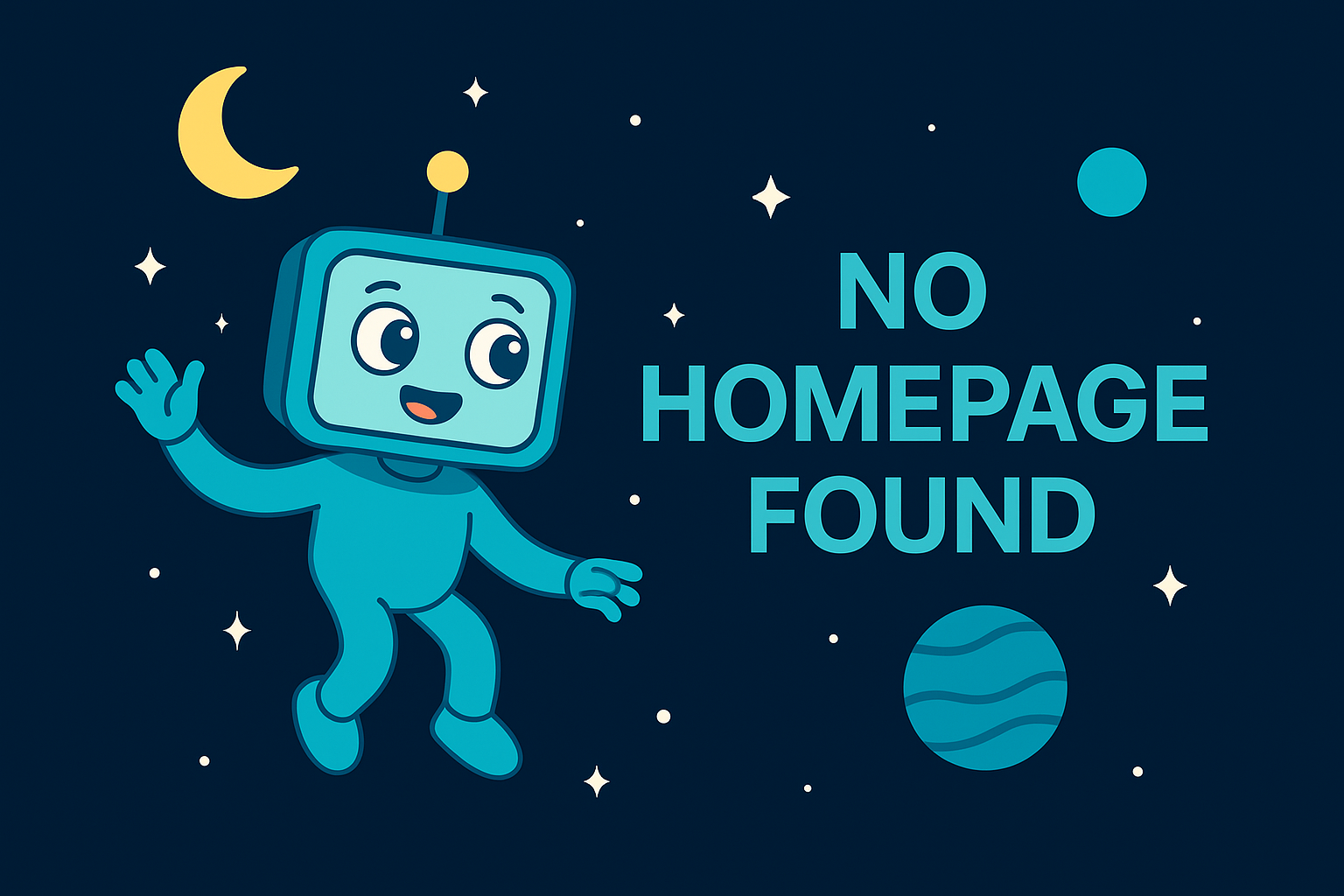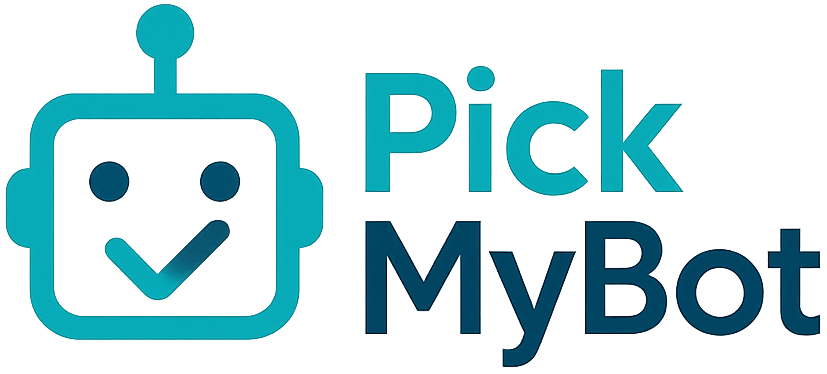
Best AI Tools for Data Analysis
Explore the top-rated tools and popular subcategories for Data Analysis.
Top 10 in Data Analysis










Subcategories
New in Data Analysis
Recently added tools you might want to check out.
The leading data analysis and statistical solution for Microsoft Excel. XLSTAT is a powerful yet flexible Excel data analysis add-on that allows users to analyze, customize and share…
Spot trends, solve problems & discover valuable insights with Minitab's comprehensive suite of statistical, data analysis and process improvement tools.
The Bioconductor project aims to develop and share open source software for precise and repeatable analysis of biological data. We foster an inclusive and collaborative community of developers…
Pew Research Center is a nonpartisan, nonadvocacy fact tank that informs the public about the issues, attitudes and trends shaping the world.
The tidyverse is an integrated collection of R packages designed to make data science fast, fluid, and fun.

